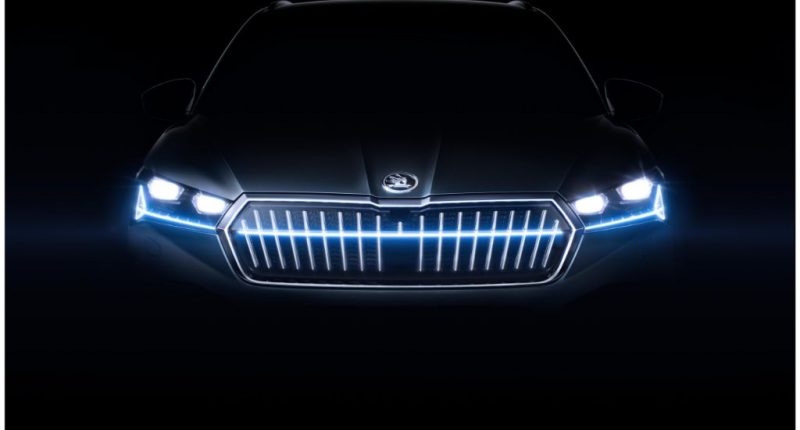Czech manufacturer Skoda claims the “cutting-edge” lighting systems fitted to their passenger cars can keep owners and fellow road users safer as Northern Ireland heads into Greenwich Mean Time this weekend.
In the early hours of Sunday morning (2am), the clocks will fall back an hour meaning the majority of motorists will undertake the return journey home from work in the dark.
Data from insurance company Zurich shows a 10-15% increase in accidents that occur between 4pm and 7pm in November after the clocks go back, while government statistics for 2019 reveal that drivers being temporarily ‘blinded’ was one of the main causes of the 274 collisions recorded that year.
Local motorists stopped by the police for having a defective headlamp or tail-light are generally dealt with by way of a Non-Endorsable Fixed Penalty. These notices carry a fine of £30 but penalty points are not placed on the driver’s licence.
Models in the Skoda range, including the Octavia, Superb and Kodiaq, use Matrix LED headlights – technology that relies on a forward-facing camera to detect the headlights of oncoming vehicles. When the camera identifies light, a portion of the car’s light beam on both sides is deactivated.
Similar technology exists on other cars, with the latest Range Rover seemingly taking this to an entirely new level. Using information from the sat-nav system, the SUV’s adaptive lighting adjusts the intensity and beam patten according to the vehicle’s speed.
Other factors at play include whether there are bends or corners ahead, the weather conditions such as heavy rain or thick fog, and if the setting is a rural or urban one.
To prevent dazzling with the full beam on constantly, the lights cast as many as sixteen ‘shadows’ in the path of the oncoming vehicle to avoid glare in the windscreen of the oncoming driver.









